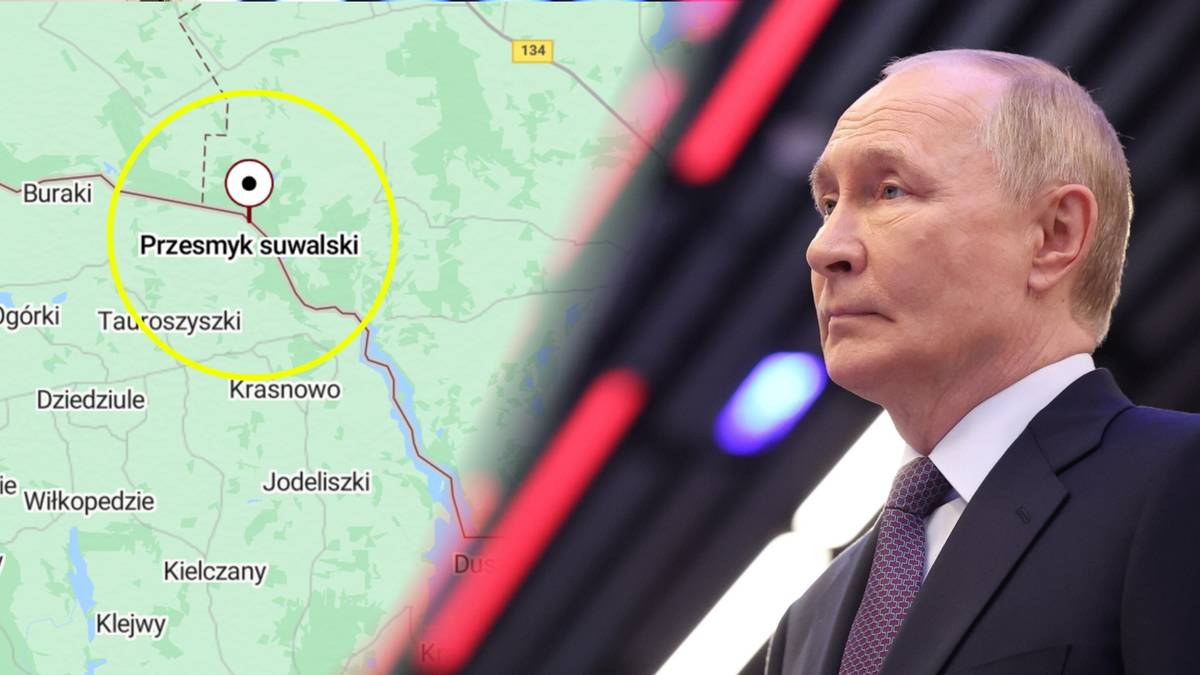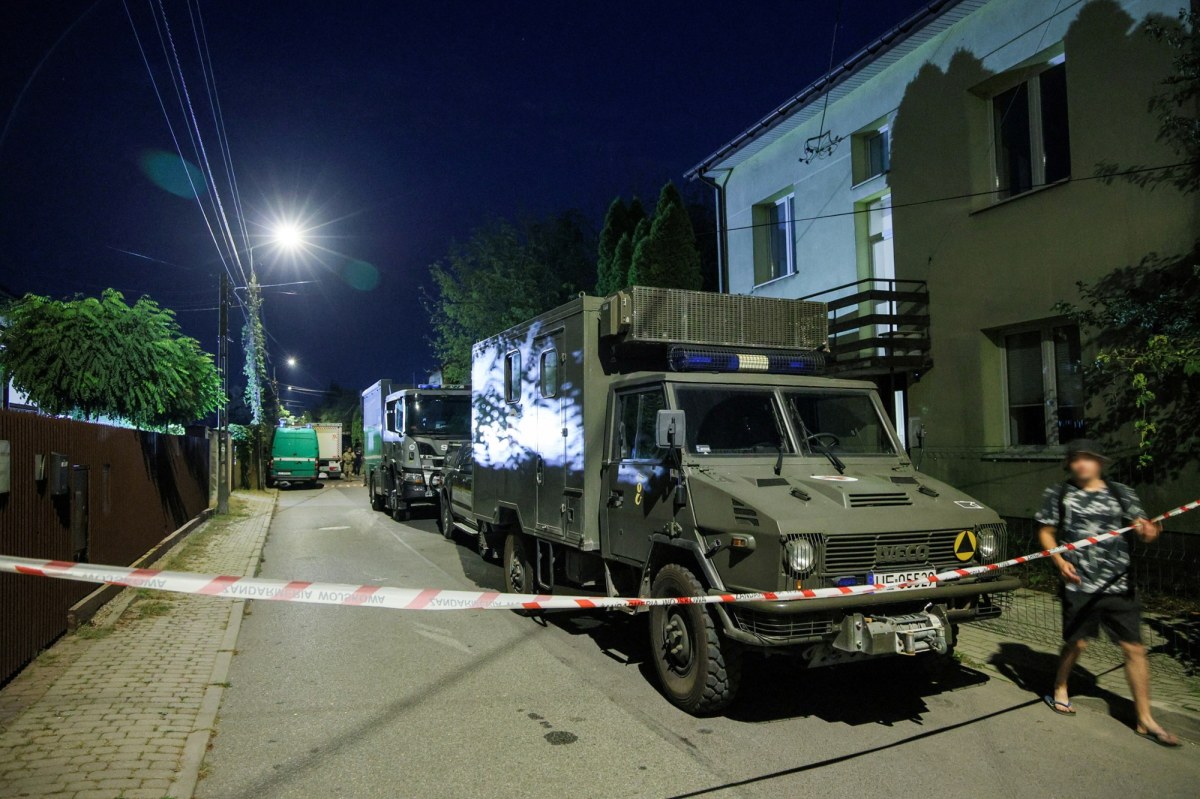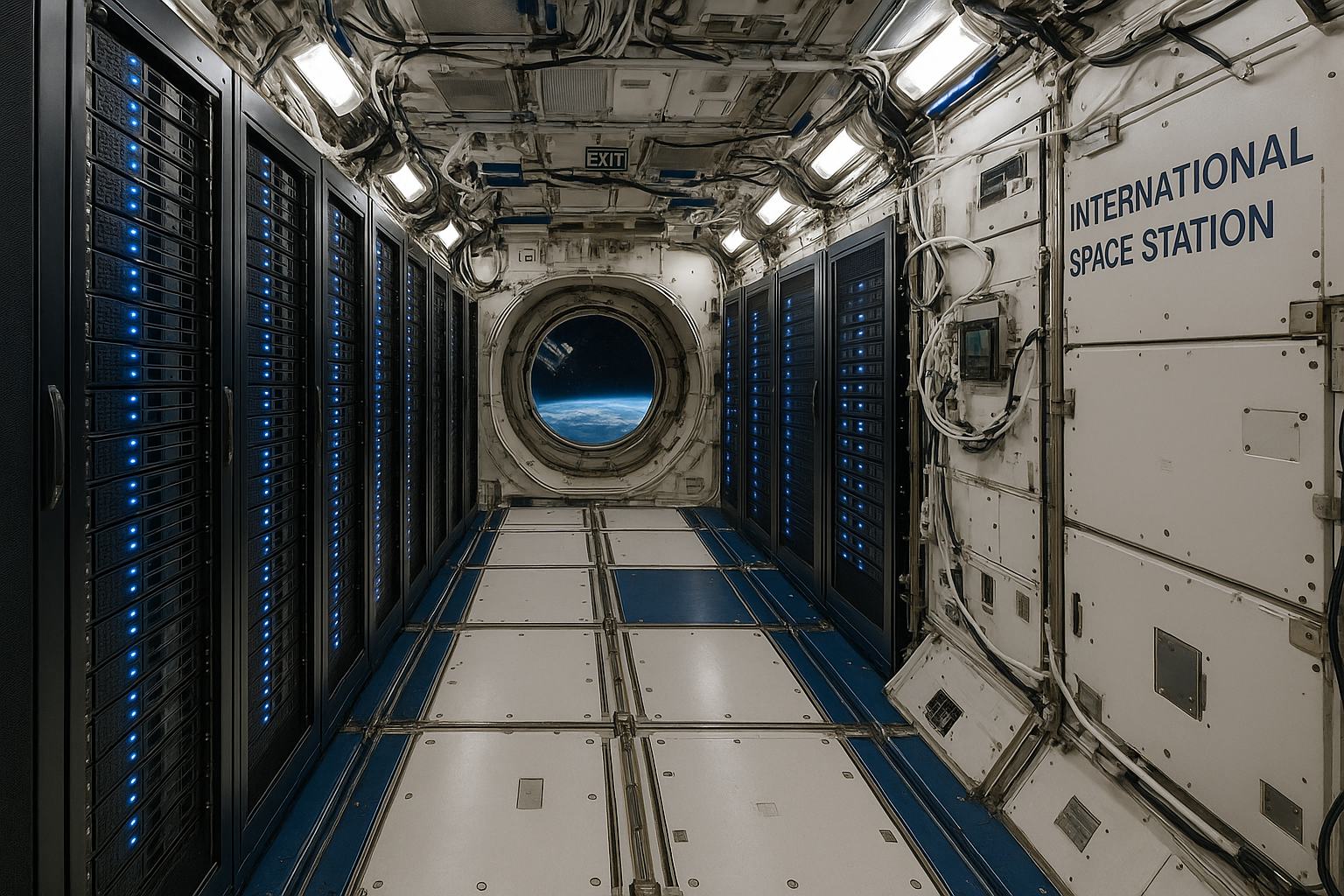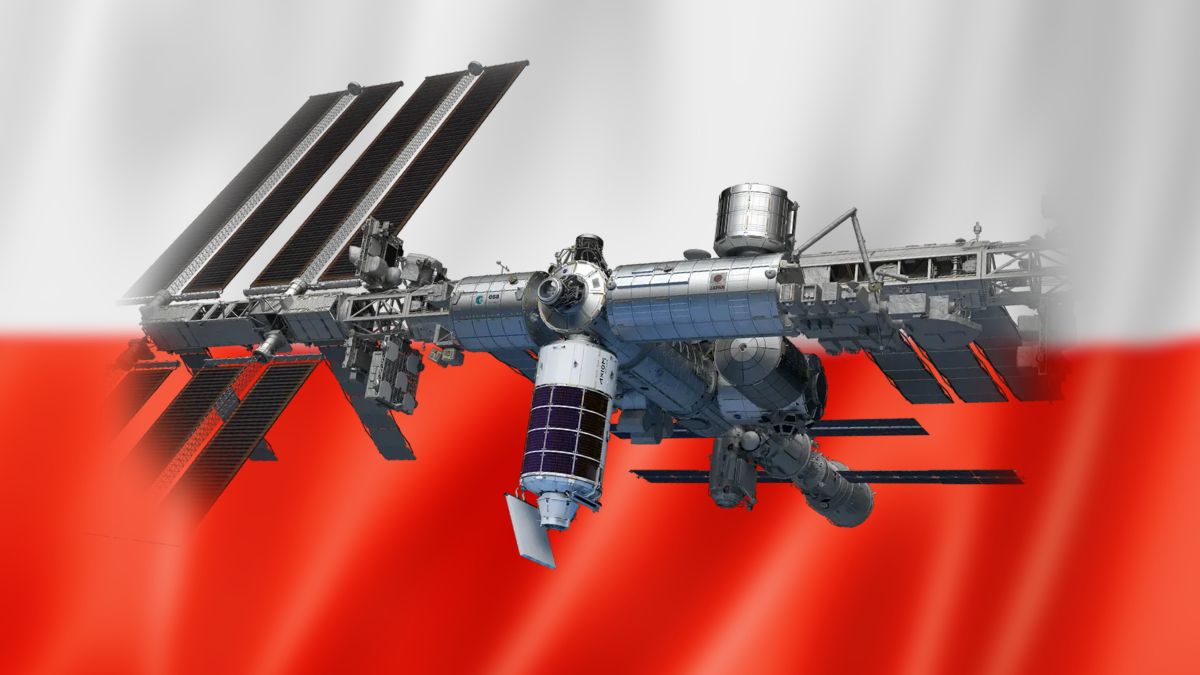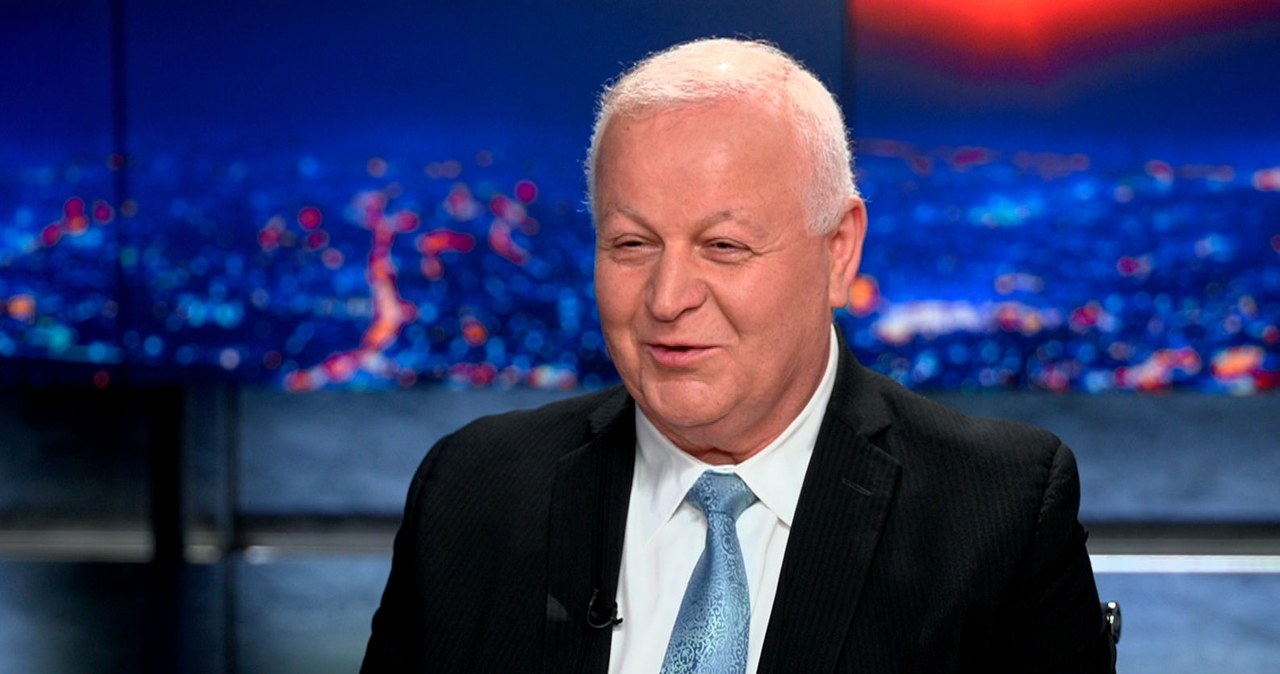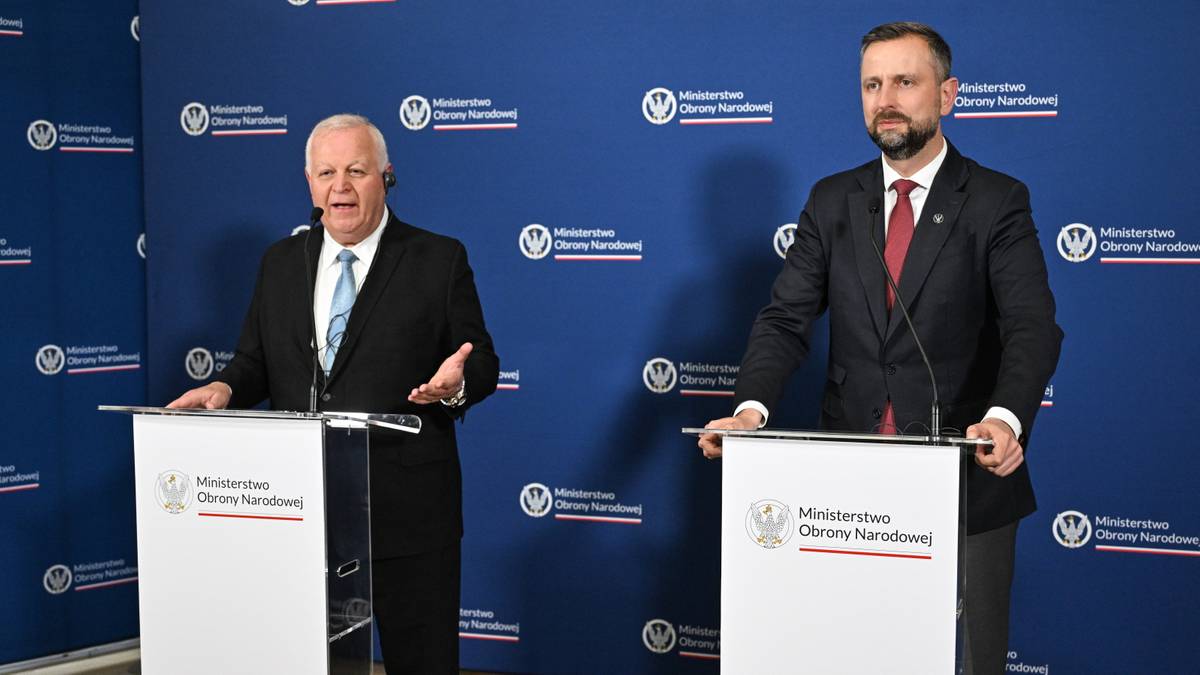Гипотетический саммит между Дональдом Трампом и Владимиром Путиным на Аляске служит убедительной линзой для изучения фундаментальной трансформации глобальной динамики силы, поскольку послевоенный международный порядок сталкивается с беспрецедентными проблемами от возрождающейся конкуренции сверхдержав.
Сценарий встречи двух лидеров на авиабазе Эльмендорф-Ричардсон - особенно без президента Украины Владимира Зеленского - иллюстрирует, как мир может вернуться к эпохе, когда сверхдержавы вырезают сферы влияния. Один западный посланник предупреждает, что международная система заменяется чем-то «грубо основанным на способности изгибать мышцы» — обычной военной, ядерной, экономической и технологической мощью.
Доминирующее, но отступающее положение Америки
Несмотря на сохранение беспрецедентного глобального доминирования, Соединенные Штаты, похоже, отступают от семи десятилетий международного лидерства. На долю Америки приходится более четверти мирового ВВП и ежегодно тратит более 900 миллиардов долларов на оборону - почти вдвое больше военного бюджета Китая, согласно анализу The i Paper.
Тем не менее, администрация Трампа отступила от международных институтов от НАТО до Всемирной организации здравоохранения. Лесли Винджамури из Chatham House рассказывает США начали заменять национализм глобализмом, заменять мультилатерализм односторонностью и отказываться от основных компонентов своей мягкой силы.
Хаотичный уход из Афганистана и резкие сокращения иностранной помощи сигнализируют об уходе Вашингтона из «Pax Americana». Непредсказуемый подход Трампа к союзникам создал то, что The i Paper описывает как «новый консенсус о том, что США могут быть необходимым союзником, но не надежным».
Стратегическое мышечное сгибание России
Несмотря на то, что Россия занимает лишь 11-е место в мире по экономике и 53-е место по доходам на душу населения - ниже Хорватии и Польши - Россия успешно использовала ископаемое топливо и военную агрессию, чтобы нанести удар выше своего веса на международном уровне.
Экономика Москвы росла быстрее, чем все страны G7 в прошлом году, перенаправляя экспорт нефти из Европы в Китай, Индию и Бразилию. Кремль максимизировал влияние через прокси-силы, такие как Группа Вагнера, в Африке и на Ближнем Востоке, поддерживая стратегические плацдармы даже после неудач.
5500 ядерных боеголовок России, в том числе 1900 тактических вооружений, являются мощным геополитическим рычагом. Филипп Беднарчик из немецкого фонда Маршалла В документе говорится, что «Россия по сей день способна проложить себе путь к столу переговоров».
Всеобъемлющий вызов Китая
Пекин представляет собой наиболее систематическую угрозу американскому доминированию, а Си Цзиньпин заявил в 2021 году, что США представляют собой «самую большую угрозу» безопасности Китая. Китайские ученые в настоящее время производят больше научных работ, чем где-либо еще, в то время как Китай обогнал Америку, чтобы выставить крупнейший в мире военно-морской флот с 234 военными кораблями по сравнению с Вашингтоном 219.
Инициатива «Пояс и путь» инвестировала 800 миллиардов фунтов стерлингов в 139 стран, вытеснив западное влияние в развивающихся странах. Исследование Атлантического совета, процитированное The i Paper, предполагает, что 65% стратегов ожидают, что Китай вторгнется на Тайвань к 2035 году, в то время как 45% предсказывают конфликт между Россией и НАТО в те же сроки.
Новый мировой порядок формируется
Большинство экспертов считают, что Россия и Китай сформируют формальный альянс с Северной Кореей и Ираном к 2035 году, фактически разделив мир на блоки Вашингтона и Пекина. Как предупреждает один западный дипломат в своей статье, «Америка теряет влияние, Россия агитирует за нее, а Китай знает, что у него есть возможность управлять шоу».
Источник: «The i Paper»
Примечание: Эта статья была отредактирована с помощью искусственного интеллекта.

